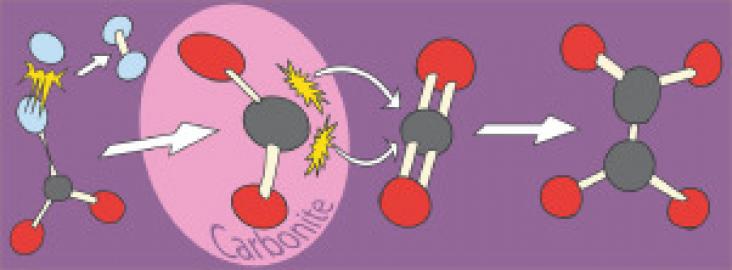The article highlights the significant threat climate change poses to global food security and micronutrient availability, particularly in low- and middle-income countries. It emphasizes that rising temperatures, elevated CO2, and extreme weather events will likely reduce the yield and quality of essential crops and fisheries. Effective mitigation strategies, such as biofortification, plant breeding, and genetic modifications, are critical to enhance crop resilience and nutritional content, ensuring food security and addressing micronutrient deficiencies amidst changing climate conditions.

Wildfire is one of the most critical natural disasters that threaten wildlands and forest resources.
As evidence of the health impacts of transportation investments has grown, planners have increasingly used health impact assessments (HIAs) to evaluate transportation plans, projects, and policies.
Fruits and vegetables are responsible for about 22% of food losses and wastes along the supply chain (not including the retail level).
Proteins serve as an imperative macronutrient in human nutrition and well-being.
This Comment supports SDGs 3 and 10 by explaining how people with disabilities are more likely to suffer adverse health effects from climate change, for a variety of reasons, and emphasising that people with disabilities should be considered, and included in planning of, climate change mitigation and adaptation efforts.
The COVID-19 pandemic has devastated communities throughout the world. However, the negative impacts of another pandemic, affecting cities worldwide, arguably rival those of COVID.
An article focused on (i) understanding how climate change is decreasing ocean biodiversity and (ii) identifying the planetary health impacts accelerated by ocean biodiversity erosion.
This article examines whether seasonality and rainfall predict reported syndromes associated with leptospirosis, typhoid and dengue in Fiji.

This article supports SDG 13. CO2 utilization conversion is increasingly important, but the conversion to valuable chemicals is often energy-intensive. This article is related to SDG13 and describes a new way of making oxalic acid from supercritical CO2 at lower temperatures.
